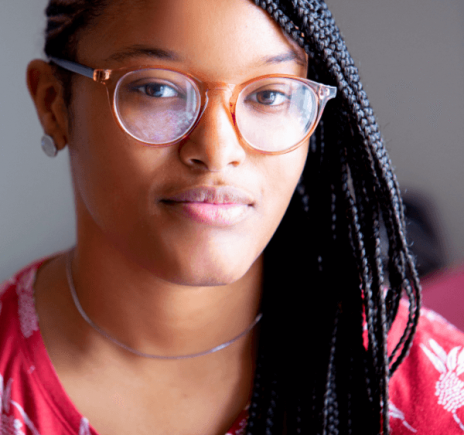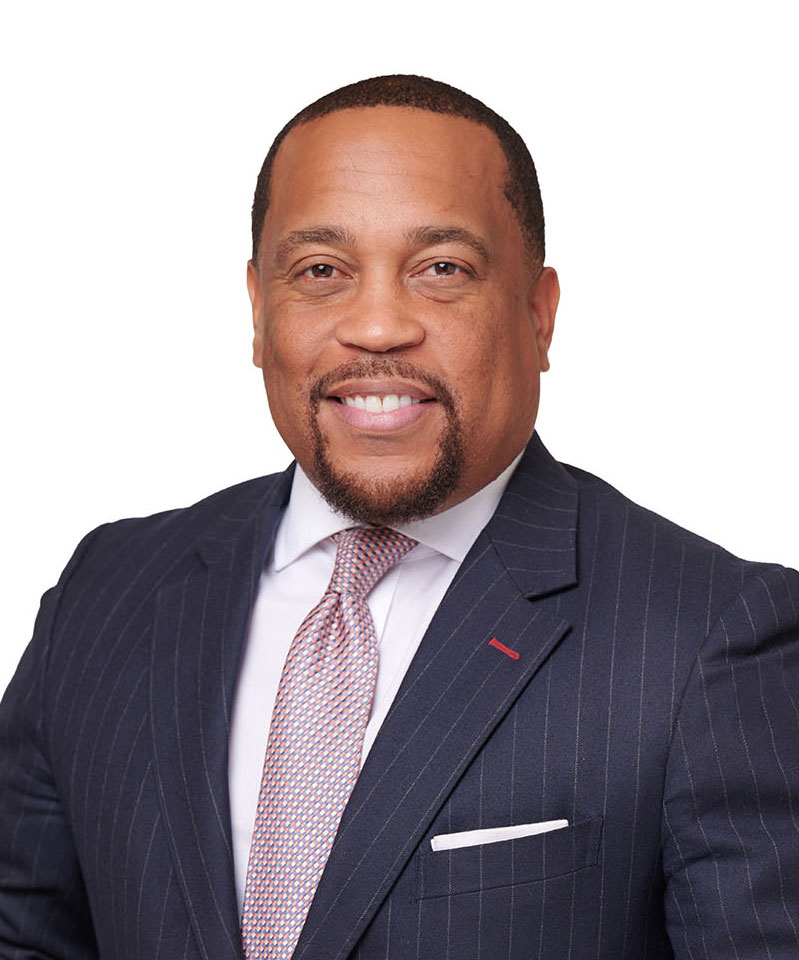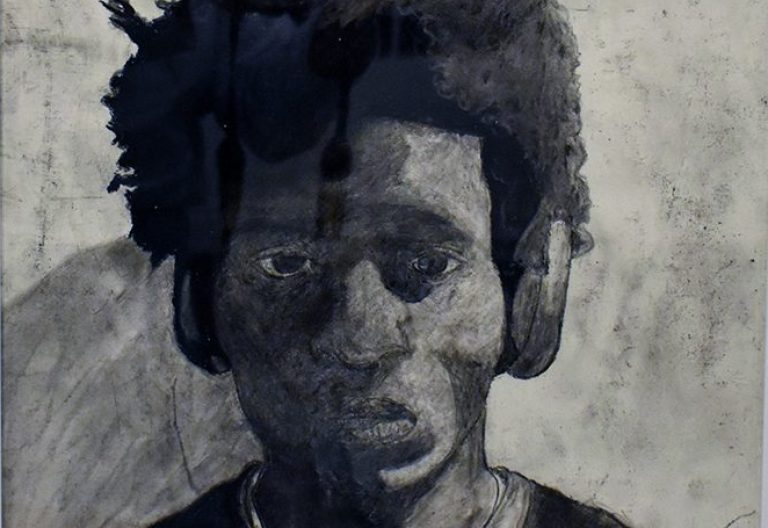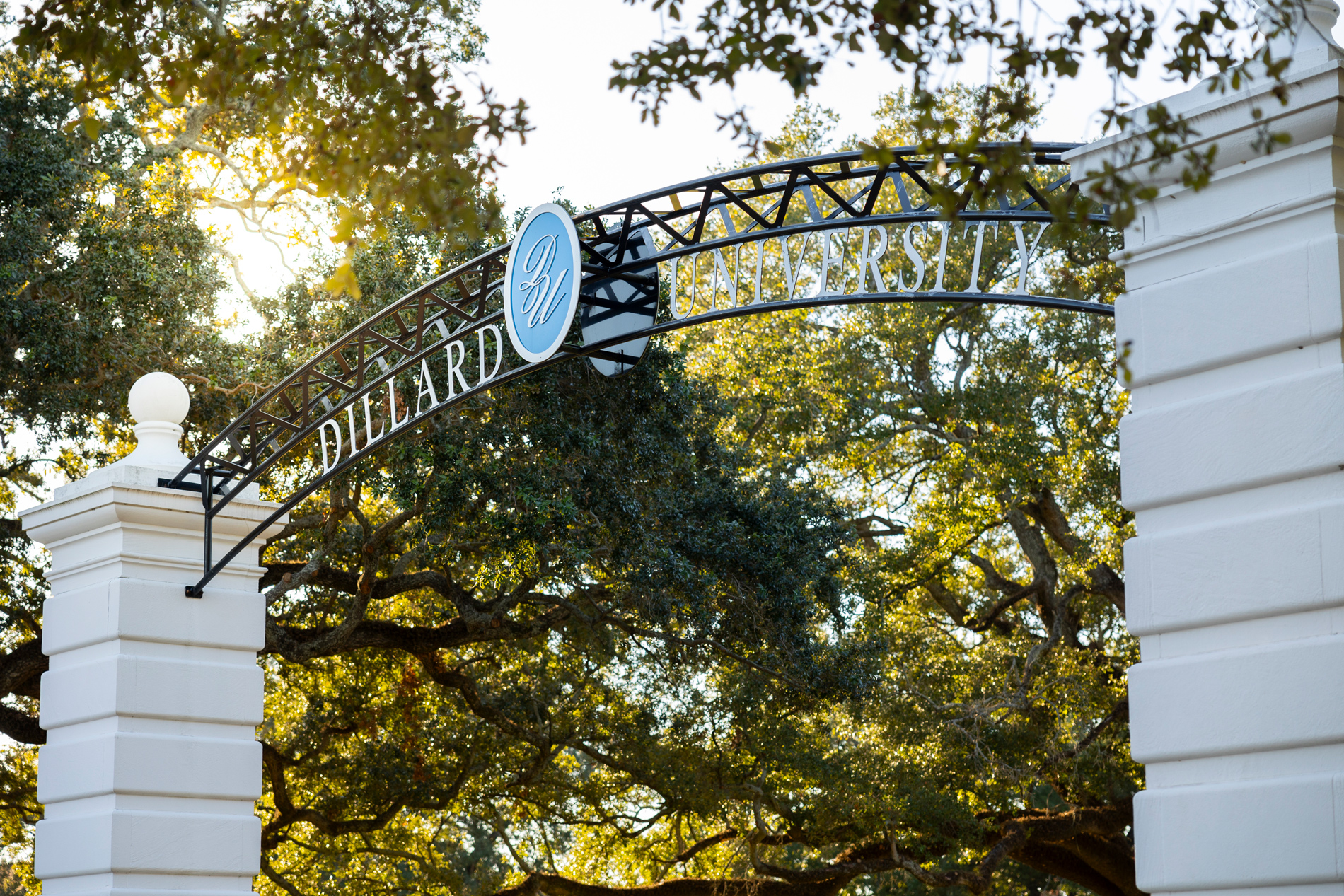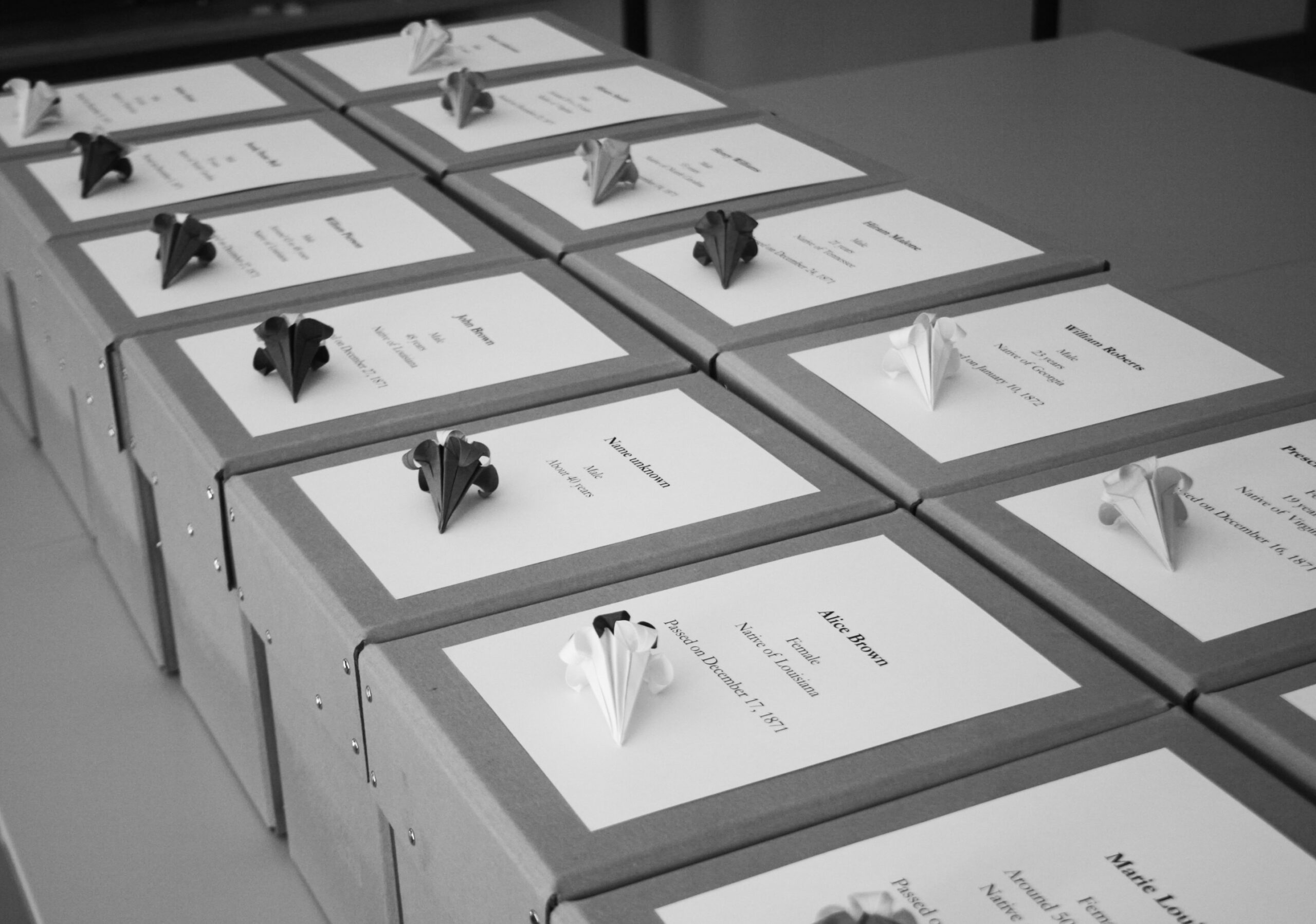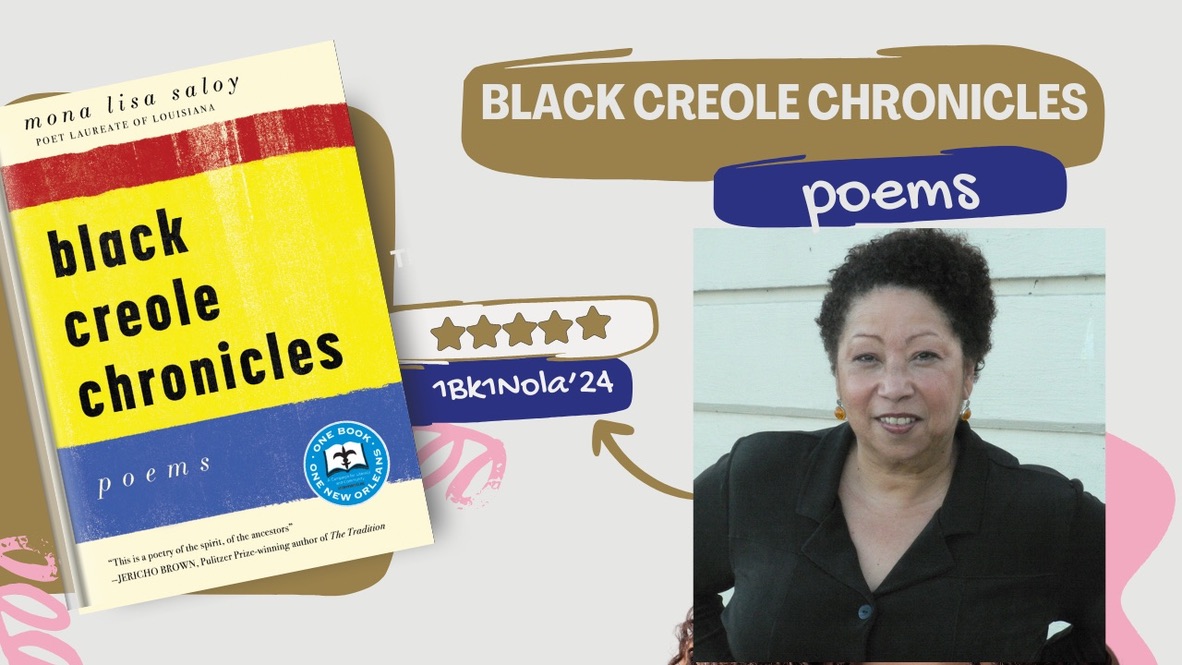By Lauren R.D. Fox, lfox@dillard.edu
Generation Z is described as the most innovative yet nuanced generation. Born in the age of terrorism, climate change and economic crisis, Generation Z is restructuring outdated traditions and structures that have had a hold on society for far too long. Unfortunately, the coronavirus pandemic has now added to how this generation will respond to grief and its seven stages. In an interview with Dillard University’s Office of Communications and Marketing, freshman Asia Richardson shared how the COVID-19 pandemic has affected her family and community in Baldwin, Louisiana (St. Mary’s Parish).
In March 2020, high school senior Asia Richardson looked forward to picking a prom dress with the hairstyle and nails to match. She, along with her peers, was also excited to go on their senior trip. However, those plans came to a halt when the United States government issued a stay-at-home order to lower the infection rate of the COVID-19 pandemic. With the mandated quarantine came virtual schooling, which Richardson says was and still is hard at times.
“To be honest, it has been challenging,” Richardson shared over Zoom. “Growing up, I’ve always been in a classroom. I’ve never had to do Zoom or virtual meetings. Sometimes going on Zoom is kind of weird, and it doesn’t have my attention. But I’m getting used to it.” Like most people, the 18-year-old believed that she and her friends would be out of school for only a couple of days but, days turned into weeks as the pandemic continued to swell around the world. “It turned into our whole senior year being taken away from us,” Richardson said. “Initially, Baldwin had very few cases but, over time [the number of people getting infected] grew.” Luckily, Richardson’s high school created a senior week where graduates could socially distance themselves and not put each other or their families at risk. Although there was no prom, Richardson’s high school launched a donation campaign for graduating seniors attending college in the fall. Named “Adopt-A-Senior,” Baldwin residents and businesses donated monetary funds and care packages for the students.
While Richardson said it was easy to pivot how she learned and engaged with friends, her family became financially and emotionally impacted by the pandemic. As the infection rate began to skyrocket in St.Mary’s Parish, her mother was furloughed from her job several times. Faced with a hard decision, the freshman’s mother decided to look for a more stable career when her work schedule began to fluctuate due to the highs and lows of COVID-19 rates, restrictions, and inconsistent pay. To make matters worse, Richardson’s mother, three aunts, uncle and grandmothers became infected with viral respiratory disease. Unfortunately, her uncle passed away from the coronavirus and her maternal grandmother is now a COVID-19 long-hauler.



Despite surviving the disease, Harvard Health Publishing states that long-haulers are people who have not fully recovered from COVID-19, “weeks or even months after first experiencing symptoms.” Some people experience continuous symptoms, while others feel better for weeks, then relapse with old or new symptoms. After surviving COVID, Richardson’s grandmother now has to have dialysis and goes to the doctor five times a week. She also had to make dietary changes because her underlying conditions have exacerbated after the coronavirus illness. While many define the new normal as the way we socialize, work and learn, for some, it is also a time for them to adjust to health issues or bodily reactions. Once infected with the virus, Richarson’s uncle declined fast and there was nothing doctors could do. Her uncle was the pastor of their church, so his death affected the church family as well. “He was in his early fifties and was in good health. We didn’t get a chance to say goodbye.”
“My mother still has trouble breathing after surviving COVID. She also has the occasional low-grade fever,” Richardson disclosed. Post-infection, her mother had a dry cough, nausea and headaches. “When my mother had the illness, she had severe headaches, fatigues and body aches.” Richardson’s mother also suffered hair loss, a known after-effect of COVID.
Richardson said it was an emotional time of not only grieving her uncle but life as she once knew it to be. She says she doesn’t take grief well and has a tendency to let things build up. However, Richardson realizes that it is okay to process her emotions and cry if she needs to. Her new Dillard friends helped Richardson pull through the exhausting emotions of change, death, and first-year blues of moving away from home. Like locusts, death crept into Richardson’s life again when her paternal grandmother passed away in December 2020. Richardson’s grandmother battled a series of ailments, but to her surprise, her grandmother also became infected with COVID. Although she survived COVID, her illnesses became more aggressive and that ultimately led to her passing.
“We couldn’t visit her and she still got COVID. We knew she was slowly dying, but we don’t know if COVID sped up the process [of her death],” Richardson notes her grandmother became infected with the coronavirus in November, a month before she died. Once she was diagnosed with COVID, she had several seizures and strokes. The United National Library of Medicine and National Institute of Health both report that the coronavirus can cause seizures and strokes as well as other neurological symptoms. “People infected with COVID-19 also may experience neurological symptoms [4] and, these neurological manifestations may occur with or without cardiovascular and respiratory symptoms [5,6],” these government establishments report. “Specific neurological symptoms accompanying the COVID-19 infection include loss of smell and taste, muscle weakness and pain, tingling in the hands and feet, vertigo, delirium, ischemic and hemorrhagic stroke, and seizures.”
While most would struggle to muster some faith after a tumultuous year, Richardson credits therapy and her strength in God to help her push through when most would have given up. “My mother instilled in me to break generational curses. So me and my sister have gone to therapy before for incidents that made us sad and despondent. Therapy has greatly helped me but in my community people don’t understand that it is okay to speak up about issues that make you depressed. It’s not about people being in your business or judging you. It is about them helping you to be better.” In a recent report from Inside Higher Ed, one-third of college students are seeking therapeutic services during the pandemic. In the media outlet’s findings, “sixty-five percent of the students said the pandemic has led to some mental health challenges, and 61 percent said it hurt their “motivation and focus.” Students have also shared that the pandemic has increased their feelings of isolation which have greatly impacted their academic performance. Students also told Teen Vogue that the pandemic has dampened what they expected their college experience to be. As journalist Rainesford Stauffer eloquently noted, college is not only about academics but the formation of identity and independence. For a rite of passage to be disrupted by a pandemic and at times, death, makes the missed experiences ripe with anguish.
As a College of Nursing student, Richardson has thrived and applied what she learned in the classroom to dismantle coronavirus misinformation. “I think people, but especially Black people, should be mindful of not acting like something is not what it seems. For example with the vaccines, we hear people say that it is too new and we shouldn’t take it. But if you educate yourself and others on what a vaccine is, you would know that it helps protect you from severe illness.” Richardson says it seems like the pandemic has made people not want to learn about what can protect them or what can make them better. “It’s about your mindset; you have to be open to new ideas and ways that will help protect you in the future.” In the conclusion of our interview RIchardson spoke about how people want to solely believe that natural-base cures and prayers will be the two things that will solely save society during this time. But, she says, you must also credit science. With the two, there is alchemy. “[There are disparities in the healthcare system] but that shouldn’t mean people should lose all trust and not go to the doctor if something is mentally or health-wise wrong.There are more doctors of color during this time who want to help their people.”
For students seeking therapeutic counseling, please contact Dillard University’s Counseling Services.
Other Resources
Therapy for Black Girls: https://therapyforblackgirls.com/
Therapy for Black Men: https://therapyforblackmen.org/
Black Men Heal: https://blackmenheal.org/
Psychology Today: https://www.psychologytoday.com/us
National Suicide Prevention Lifeline-Call 1-800-273-TALK (8255)
